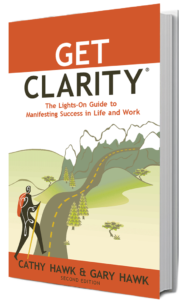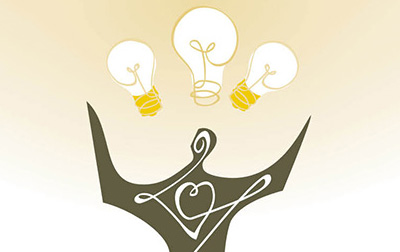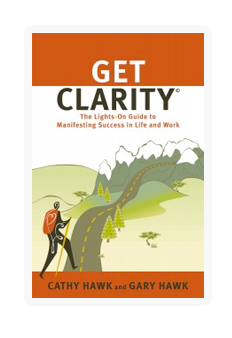Many years ago, a former girlfriend requested, “Teach me to be kind. I don’t know how.”
“I can’t teach you to be kind,” I replied, “You need to learn that on your own.” What I meant, at the time, was that I really wasn’t willing to be her teacher, because I didn’t believe she was truly open to changing her approach to life. Kindness can be learned, but it requires the desire to be aware of your impact on others and a daily consciousness to implement,
For me, kindness is a baseline requirement for a quality life—whether it’s being kind to others or being kind to myself. Except for the mental abuse I sometimes pile on myself, I’ve always considered myself a kind person.
One of the new memes of recent times asks the question, “What would Jesus do?” My guiding question growing up was, “What would Dad do?” I learned kindness by watching a strong, quiet man show kindness to everyone that he met—even when he didn’t like them. Kindness became part of my nature, having it nurtured at the feet of my father.
Fast forward many years, when two other mentors taught me important concepts to keep kindness a more conscious, daily presence in my mind—being other-centered and sacredly selfish.
When I began building my CEO peer group business in the early ‘90s, my mentor gave me one primary, guiding principle that served two critical areas: networking for new clients and client service. It was: always be other-centered. When I am other-centered, I’m truly curious about the other person. What inspires them? What do they care about? What’s their vision for life and work? How can I be of service?
When I focus my thoughts and conversations on others, I’m more likely to open my compassionate heart and hear what’s being communicated through a filter of kindness, not a filter of “what about my needs?”
My wife, Cathy, taught me to practice sacred selfishness. Sacred selfishness requires that every day, I do the things that energize me and serve my personal passions. When I live each day like this, I create a reserve of love, energy, compassion, and vitality to share with others as generously as I want. That’s job number one to live a great life. However, job number two is to make sure that I create the space for others to be fully enlivened as well, which opens the door to practicing kindness.
When I’m personally happy, I’m calmer, more compassionate and curious about others, so it’s easier to be intentionally other-centered. When I focus on my own happiness, independent of others, when I’m kind to myself, I am willing to open my heart of kindness for others. It’s one big, constantly moving circle of gentle kindness enveloping my world.
If you want to change the atmosphere in your mind, your home, your relationships, your workplace, try a little kindness.
Honoring my father’s kindly ways,
Gary




